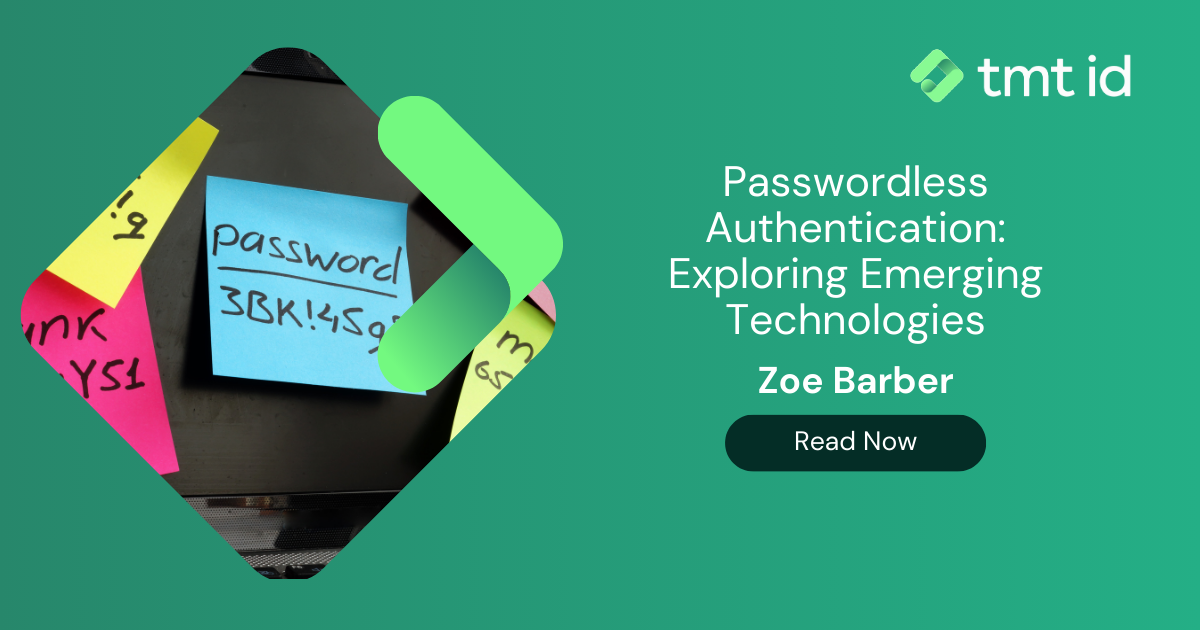
Ensuring the security and integrity of user identity has become a priority for businesses and individuals. Online identity verification has emerged as a reliable solution, helping organisations establish the identity of users and detect potential fraud or malicious activity. It’s estimated that 1 in 15 people globally is affected by a form of identity fraud, making protection for your business even more important than ever.
In this guide, we will delve into the concept of online identity verification, its importance, risks and challenges, the process of online ID checking, and the benefits it offers. Additionally, we will discuss the technologies currently utilised and explore the benefits of using mobile data to enhance identity verification.
Identity verification is the process of confirming the authenticity and legitimacy of an individual’s claimed identity. It involves establishing the accuracy and validity of various identity attributes, such as name, age, address, and any other relevant information.
Identity verification and authentication are two distinct processes, although they are often used together to establish trust and secure online transactions. Here are the differences between them:
Identity verification is the process of confirming the identity of an individual by establishing the accuracy and validity of various identity attributes, such as name, age, address, and other relevant information. It aims to ensure that the person claiming an identity is indeed who they say they are. Identity verification typically involves verifying identification documents and conducting background checks. Mobile data can be used to speed up this process.
Authentication, on the other hand, is the process of verifying the identity of a user during a specific session or interaction. It ensures that the user attempting to access a system or perform a transaction is the same individual who was verified during the identity verification process. Authentication is typically done through the use of credentials, such as usernames, passwords, one-time verification codes, biometrics, device information, Mobile Network Operator (MNO) data or other forms of secure tokens.
Digital ID verification plays a vital role in ensuring the trustworthiness and security of online transactions and account access.
By verifying the identities of users, businesses can prevent identity theft, comply with regulatory requirements, reduce fraud, enhance cybersecurity measures, and establish a seamless and trustworthy user experience.
Over the years, online identity verification methods have evolved to keep up with the changing landscape of fraud threats. Advancements in technology have paved the way for more sophisticated and robust verification methods, such as biometrics and facial recognition.
These technologies have often replaced traditional methods, such as physical document verification, to provide a faster and more reliable means of verifying identity improving both the accuracy and user experience.
While identity verification methods provide enhanced security, they are not immune to risks and challenges:
There are significant consequences for businesses that don’t get the balance right when it comes to their online identity verification process. Regulated industries have a legal obligation to carry out ID checks, such as online banking. In 2022, over £1.2Bn was stolen through online fraud from UK banking customers.
However, it is still important to make these checks as streamlined as possible to avoid creating a poor user experience for online customers. If your verification process is too cumbersome it can directly impact customer attribution and retention rates.
On the other hand, if ID checks are not sufficient enough then businesses are at a much greater risk of becoming a victim of online fraud or finding themselves in legal trouble with the associated regulators. Mobile data is a reliable source of customer data, which can be fully integrated into your existing processes with no extra friction.
Online or digital ID checking is the process of verifying an individual’s identity through digital means. Rather than relying on in-person verification, online ID checking leverages technology and various verification methods to establish trust and verify identity remotely.
Digital ID verification involves the use of automated processes, algorithms, and technological solutions to verify identity attributes. It combines different verification methods, including document verification, biometrics, device checks, and more, to establish a comprehensive identity profile and determine the authenticity of the claimed identity.
Data provided by Mobile Network Operators is also a powerful tool for digital ID verification. This is because it is a form of trusted data, rarely changed by customers when compared to traditional factors such as address. It is also much harder to fake or manipulator for the purposes of fraud.
Traditional ID checks, such as physical document verification, are time-consuming and often subject to human error. Online verification APIs allow businesses to automate the verification process, ensuring greater accuracy, efficiency, and scalability. They integrate with various verification methods, enabling a seamless and real-time identity verification experience.
Implementing digital ID verification provides numerous benefits, including:
When considering the best approach for your online identity verification processes there are a few implications to consider, striking the right balance between robust checks and additional friction within your verification process. These include:
It’s important to choose the right verification method for your customers. Using mobile data is a great way of doing this as it’s fair to assume that they will mostly own a mobile device, making it easy to use the associated data for ID checks and verification.
Depending on the jurisdiction and industry in question, online businesses are legally obliged to carry out stringent ID checks to help protect against online fraud and money laundering.
Keeping your customers happy is also a priority when considering your online verification process. Although secure, if your ID checks are overly complex or add too much additional friction then it’s possible to see decreasing customer retention rates over time.
The proficiency of cyberattacks is always improving, so regularly reviewing, and updating your processes to ensure the protect against the latest risks is also important.
Several technologies are integral to the field of online identity verification:
Mobile data provides valuable insights and strengthens identity verification:
Digital ID verification is becoming more prevalent in several industries, for a range of reasons:
Financial Services: There is a significant amount of legislation impacting the financial services industry. Know Your Customer (KYC) and Anti Money Laundering (AML) checks are examples where banks and other financial institutions are obliged to carry out online ID checks to protect against fraud.
Healthcare: As more patients access healthcare remotely and online, digital identity verification is becoming much more important to ensure consistent patient information and also protect from this data falling into the wrong hands.
E-commerce: As fraudulent transactions continue to rise online it has become increasingly important for non-regulated eCommerce businesses to carry out ID checks to protect from the costs of cybercrime.
Travel and Hospitality: Online ID checks are increasingly used to confirm that the person renting a holiday property is the person they say they are. This helps protect the property owner from damage and other risks to their physical assets.
Gambling & Gaming: Gambling companies have a legal obligation to ensure platform users are over 18. They place a lot of effort into streamlining their onboarding process and mobile ID verification allows them to reduce friction in their processes.
Adult Entertainment: It is important to protect children from harmful content online and as such increasing legislation is being placed on the adult industry to carry out full ID verification for users. A mobile phone number is often being used to do this instead of credit card details.
For all these industries and more, online verification API tools are almost always the quickest and most effective way to streamline their existing ID checks. This is because the can be integrated into existing systems and the associated mobile data lookups can be returned quickly, from anywhere in the world. They are also more reliable when leveraging mobile network operator data as it is harder to manipulate.
In conclusion, online identity verification is a critical aspect of conducting secure and trustworthy online transactions. By leveraging technologies like mobile data APIs and biometric verification, businesses can establish a robust and efficient online identity verification process that balances security and user experience effectively.
Last updated on January 30, 2025



Mobile data verification techniques, such as device intelligence checks, provide real-time and contextual information, making them more reliable and accurate than traditional methods.
Learn about mobile data verificationWe provide the most comprehensive device, network and mobile numbering data available
Contact us > Chat to an expert >